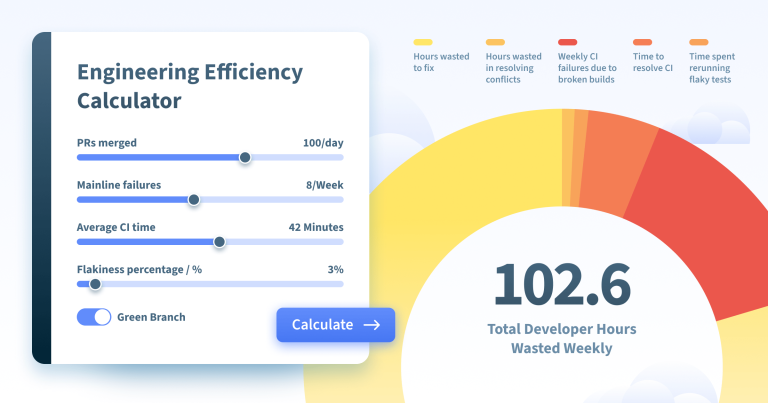How to set up Backstage with GitHub using Typescript & Material UI
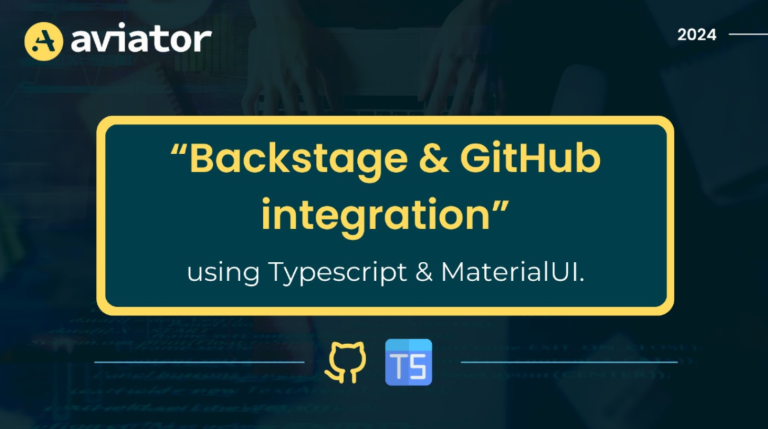
In this tutorial, we will explore the hands-on creation of IDP platform using Backstage, leveraging Typescript and Material UI, while customizing the styles.

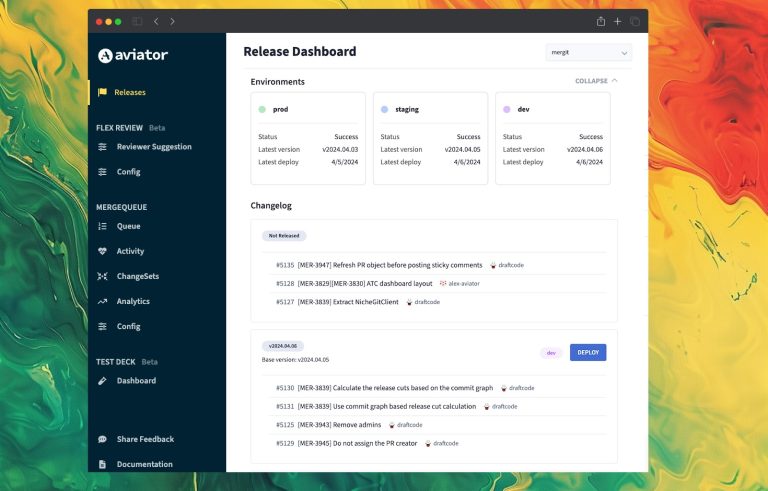

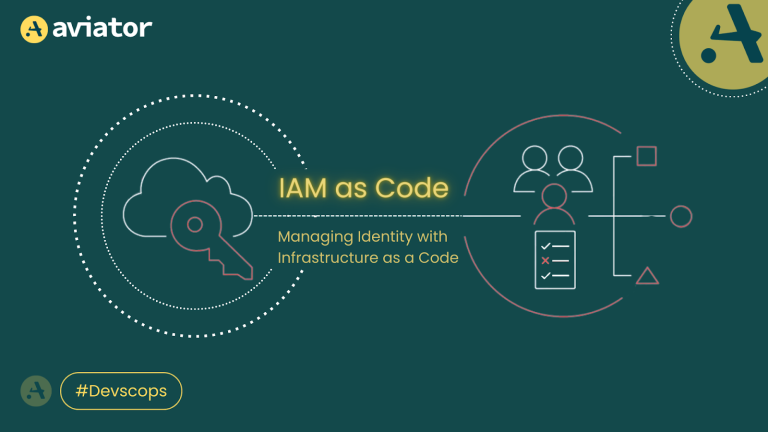
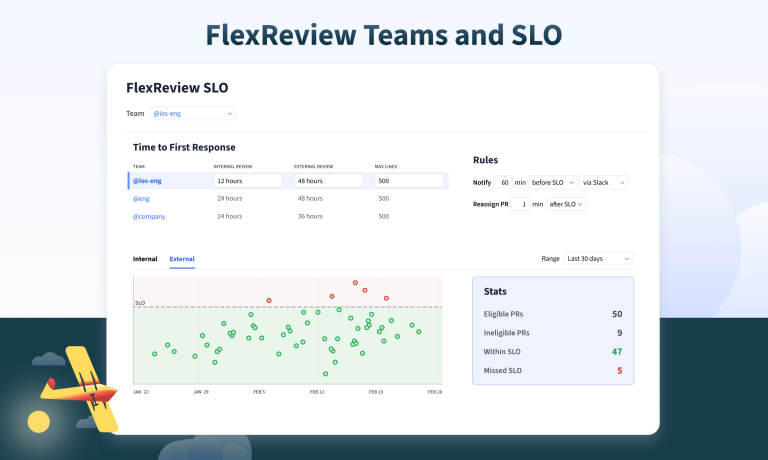
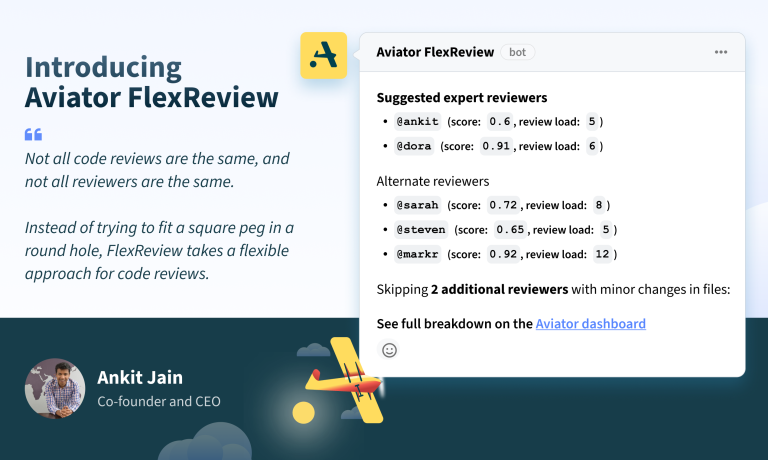

One of the key ingredients making developers productive is faster feedback loops. A fast feedback loop allows developers to identify and address issues promptly, leading to higher-quality code and faster release cycles. Pre-merge and Post-merge tests To maintain the good…

